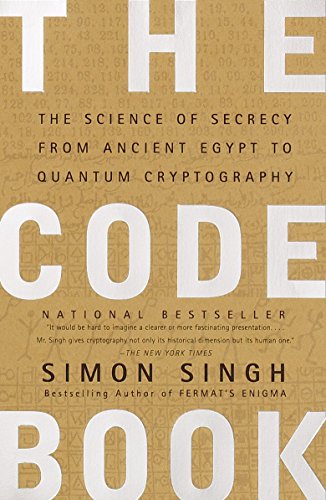
Mathematicians can solve equations that have bearing on questions about the nature of black holes’ formation, evolution and stability. Within general relativity, “one can understand clean mathematical statements and study those statements, and they can give an unambiguous answer within that theory,” says Christoph Kehle, a mathematician at ETH Zurich’s Institute for Theoretical Studies. “Most of my work,” Elena Giorgi says, “is about proving things that we already expected to be true.” April Renae/Columbia University

Their goal: unlock unsuspected truths about black holes or verify existing suspicions. She and other mathematicians seek to prove theorems about these solutions and otherwise probe the math of general relativity.

“Black holes are mathematical solutions to the Einstein equation,” Giorgi says - the “master equation” that is the basis of the general theory of relativity. Physicists have detected the X-rays emitted when black holes feed, analyzed the gravitational waves from black hole collisions and even imaged two of these behemoths.īut mathematician Elena Giorgi of Columbia University studies black holes in a different way.


 0 kommentar(er)
0 kommentar(er)
